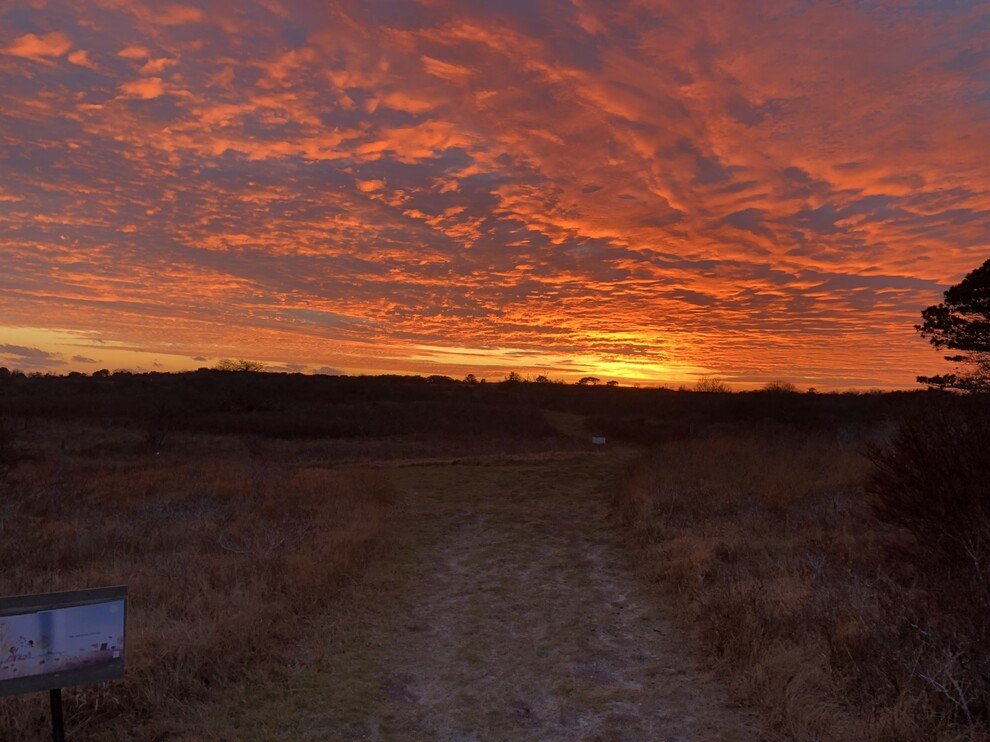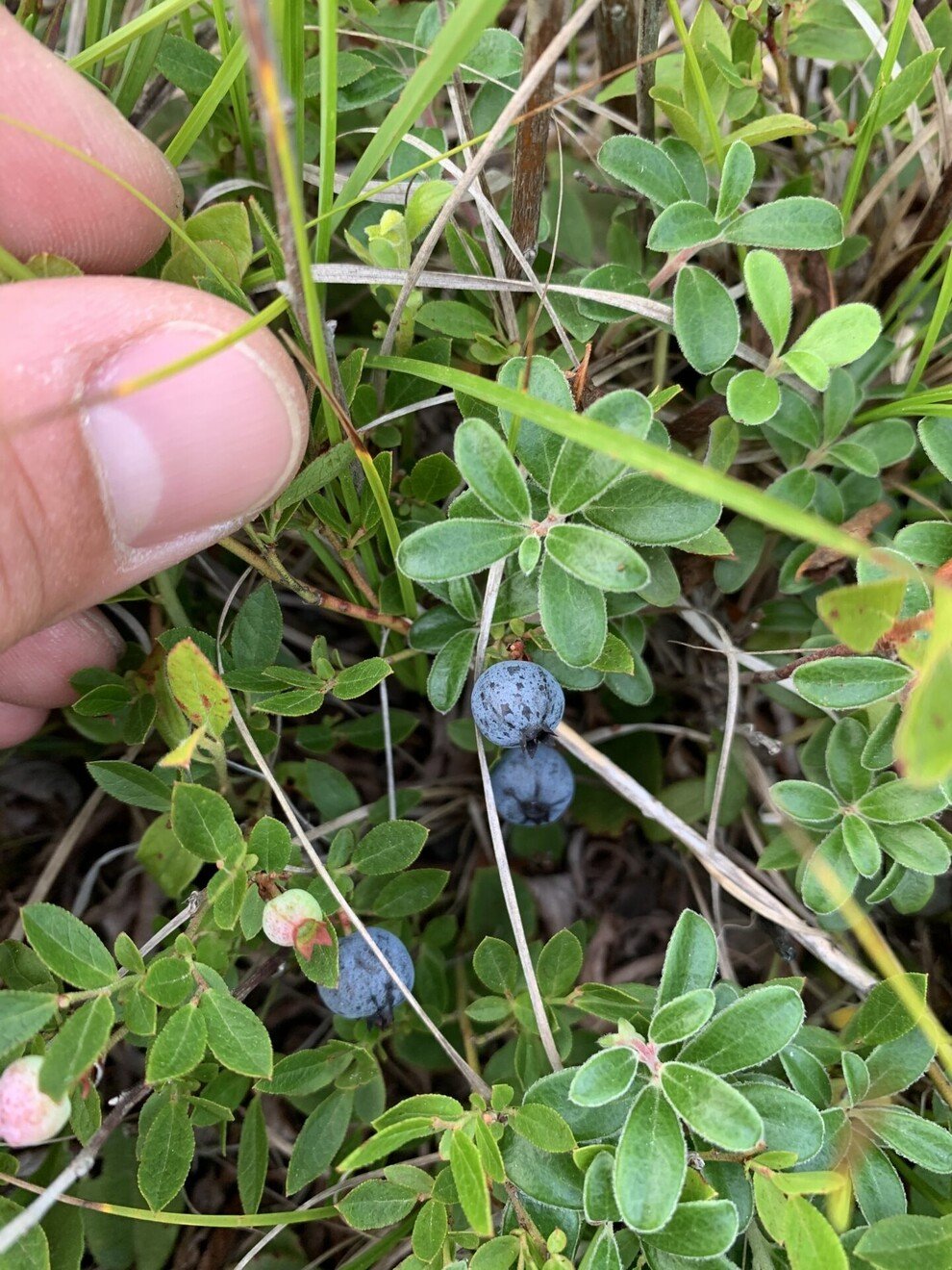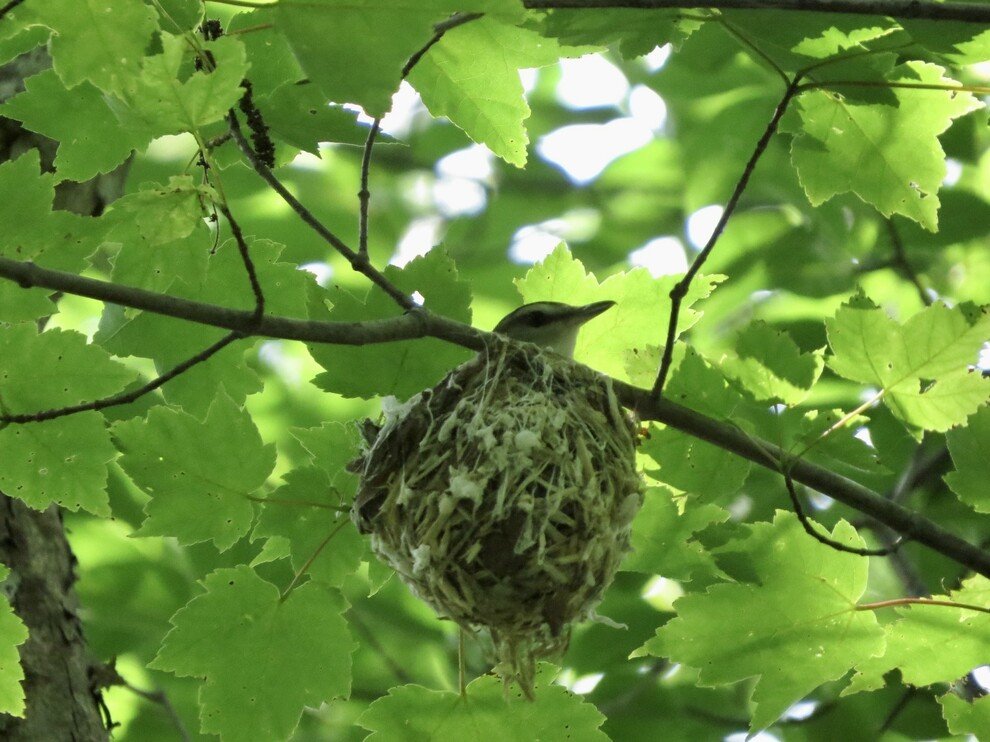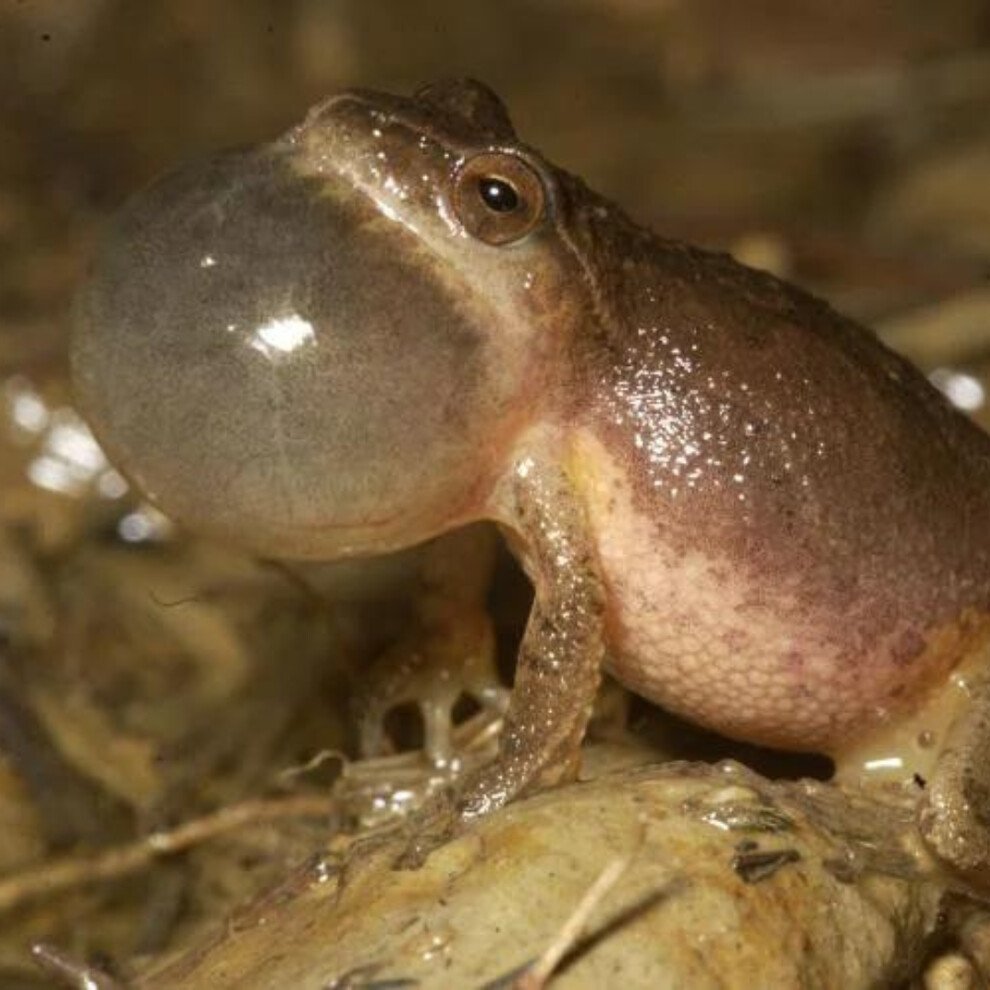
Sandplain Grassland Network Publishes Management Recommendations to Conserve and Restore Globally Rare Habitat
The Sandplain Grassland Network has published an article summarizing the state of globally rare sandplain grassland habitats in coastal areas of Massachusetts and New York that are rapidly disappearing due to a variety of causes including invasive species encroachment, climate change, and sea level rise.
The article will appear in the Journal of Restoration Ecology later this year but is currently available for early, open access by clicking here.

Current Nature: The Wicked W-ACK-Y Island Weather
One of the most frequently discussed topics on the island is “Where do you get your weather?” Everyone has their trusted app, website, or local weather forecaster that they depend on to give them accurate predictions. Nantucket has always had unpredictable weather patterns; one day, torrential downpours may be predicted, but then the winds will shift, and the storm will bypass the island completely, leaving only clear and sunny skies. There is also Nantucket’s famous fog, the Grey Lady, who is known to either overstay her welcome or disappear without even saying goodbye. One of my co-worker’s favorite sayings is, “If you want to experience all four seasons of weather in one day, head to Nantucket.” Since the weather can change so dramatically, it is best to prepare as much as possible in advance.

Seth Engelbourg Elected to Board of Directors for the Massachusetts Environmental Education Society
We are proud to announce that Seth Engelbourg, our Naturalist Educator and Program Manager, has joined the Board of Directors for the Massachusetts Environmental Education Society.
With ten years of experience in ecology and education, Seth brings a wealth of knowledge and skills to the MEES Board. MEES is led by the volunteer Board of Directors and a part-time staff and offers resources, support, and professional development opportunities for environmental educators.

Current Nature: Foraging On Nantucket
Have you ever picked warm, juicy blueberries from the side of a trail on a Nantucket summer day? If so, congratulations! You are a budding forager.
Foraging is the practice of finding and harvesting materials from nature for use as food, medicine, or craft supplies. Generally, foraging refers to plants and fungi; fishing, hunting, and trapping are related activities but fall into their own categories.

Current Nature: Nest Building 101
Around the island, it is hard to miss the birds that are hard at work building nests and getting ready to raise their young. Recently, I’ve spotted birds in my neighborhood whizzing by with a bill full of grass and seen osprey clutching sticks in their talons. When you think of a bird’s nest, you probably imagine a small cup of woven sticks on a tree branch- usually made by songbirds. While many birds build nests like this, nests vary widely in shape, construction, materials, and placement. Birds are like nature’s little architects and real estate agents and have a diverse array of homes that do not need to go through HDC permitting.

Current Nature: Daffodil Days
Looking carefully at nature, you will notice that each month has a unique color that dominates the landscape. April is noticeably yellow, with its blooms of forsythia, dandelions, and the most famous of all- daffodils. This pop of bright color brings joy to many on Nantucket, especially after enduring the pale grays and browns throughout the winter.

Current Nature: Herp, Herp, Hooray!
Spring is here, and there are signs of it everywhere. Birds are singing, daffodils are blooming and shrubs are greening up. These are the typical hallmarks we look forward to, but the herp world has something to say about spring too. If you’ve been near a wetland around dusk lately, you’ve probably heard from one of our most famous herps.

Current Nature: Return Of The Osprey
Spring on Nantucket is a period of rebirth after a long, cold winter. Warmer temperatures, budding flowers, and the reopening of your favorite restaurants are all welcomed sights. Everyone has their most anticipated signs of spring: it may be daffodils blooming, striped bass returning to the harbors, or the chance to plant your vegetable garden. Here at the Linda Loring Nature Foundation, one spring moment reigns supreme, the annual return of our nesting ospreys.
